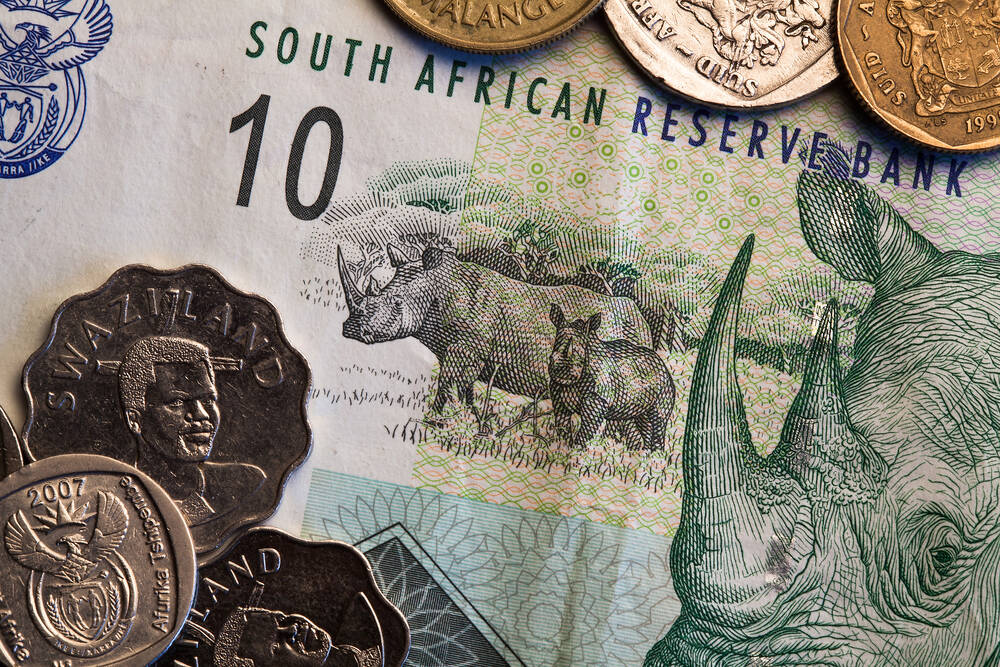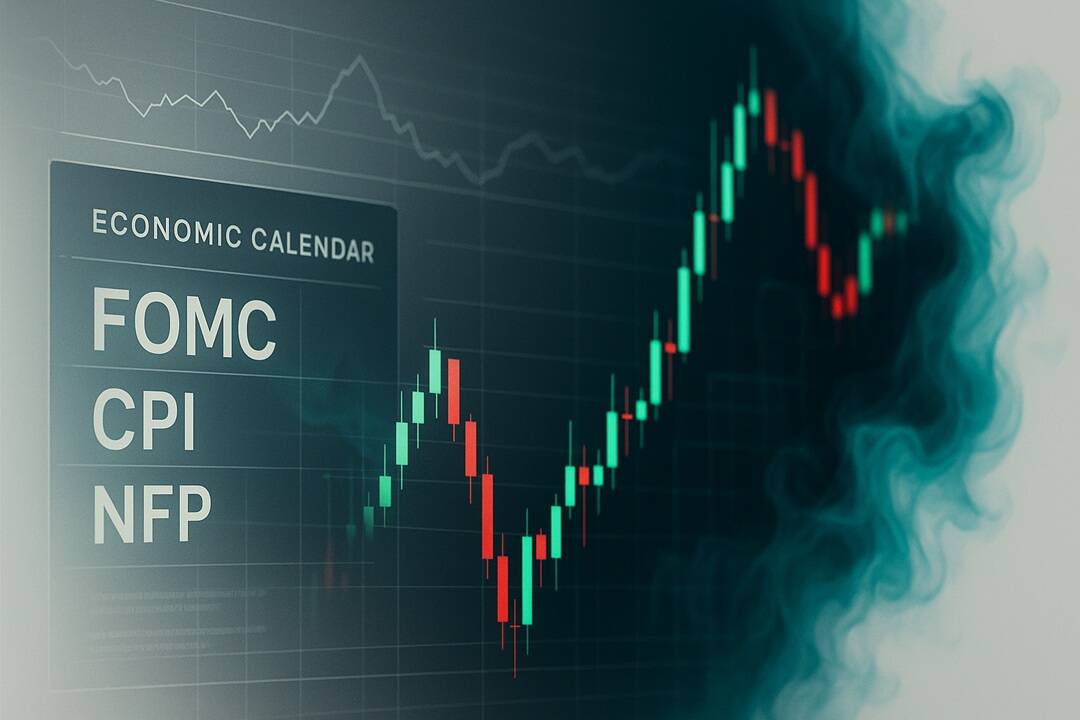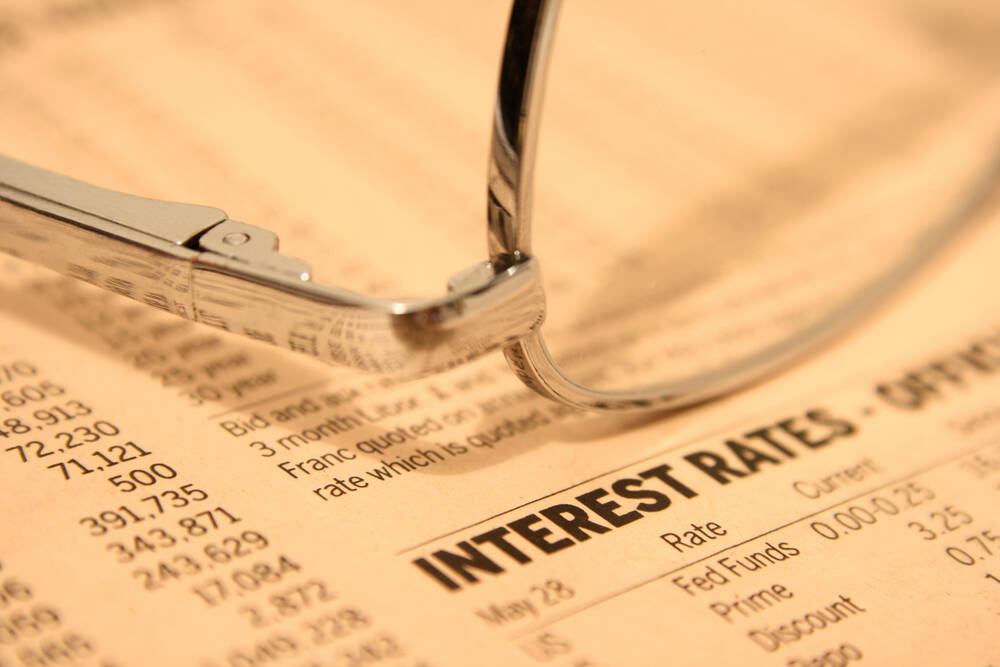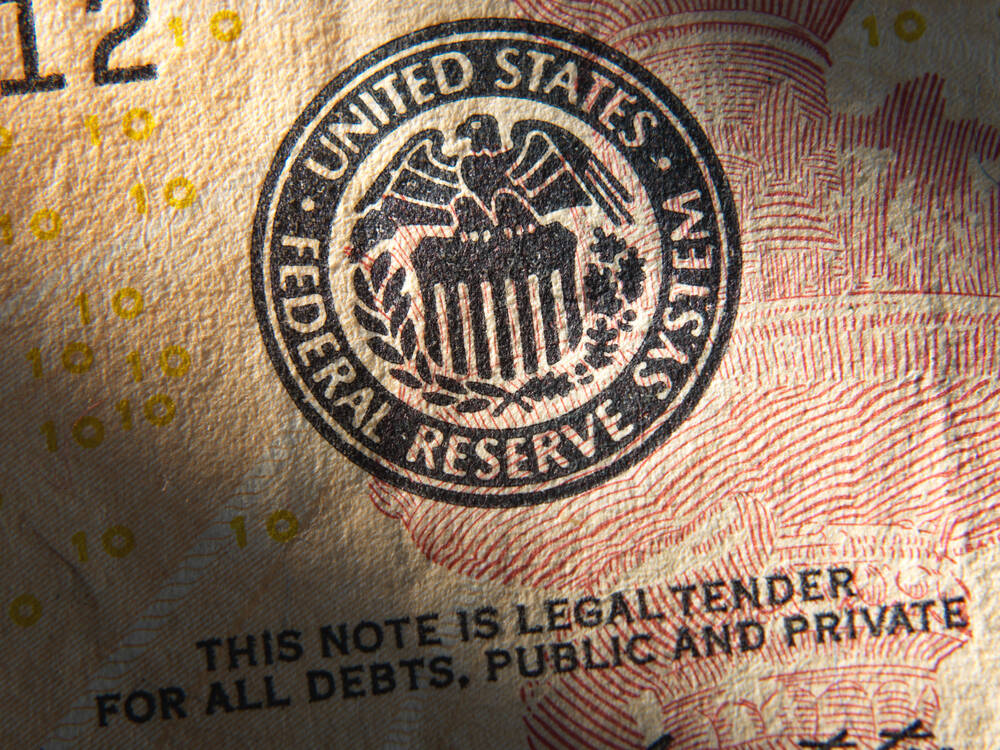Advertisement
Advertisement
Search Indicator:
Choose Country 
United States Business Confidence
Last Release
Jan 31, 2026
Actual
52.6
Units In
Points
Previous
47.9
Frequency
Monthly
Next Release
Mar 02, 2026
Time to Release
26 Days 15 Hours
Highest | Lowest | Average | Date Range | Source |
77.5 Jul 1950 | 29.4 May 1980 | 52.81 Points | 1948-2026 | Institute for Supply Management |
The Manufacturing ISM Report On Business® is based on data compiled from purchasing and supply executives nationwide. Survey responses reflect the change, if any, in the current month compared to the previous month. For each of the indicators measured (New Orders, Backlog of Orders, New Export Orders, Imports, Production, Supplier Deliveries, Inventories, Customers' Inventories, Employment and Prices), the report shows the percentage reporting each response, the net difference between the number of responses in the positive economic direction and the negative economic direction, and the diffusion index. A PMI™ reading above 50 percent indicates that the manufacturing economy is generally expanding; below 50 percent indicates that it is generally declining.
Latest Updates
The ISM Manufacturing PMI for the US unexpectedly rose to 52.6 in January 2026 from 47.9 in December and much better than forecasts of 48.5. The reading showed that economic activity in the manufacturing sector expanded in January for the first time in 12 months, and the most since 2022, amid improvements in new orders (57.1 vs 47.4), production (55.9 vs 50.7), employment (48.1 vs 44.8), supplier deliveries (54.4 vs 50.8), and inventories (47.6 vs 45.7), though employment and inventories still remain in contraction. At the same time, price pressures were little changed (59 vs 58.5). "Although these are positive signs for the start of the year, they are tempered by commentary citing that January is a reorder month after the holidays, and some buying appears to be to get ahead of expected price increases due to ongoing tariff issues", Susan Spence, chair of the ISM Manufacturing Business Survey Committee said.
United States Business Confidence History
Last 12 readings







